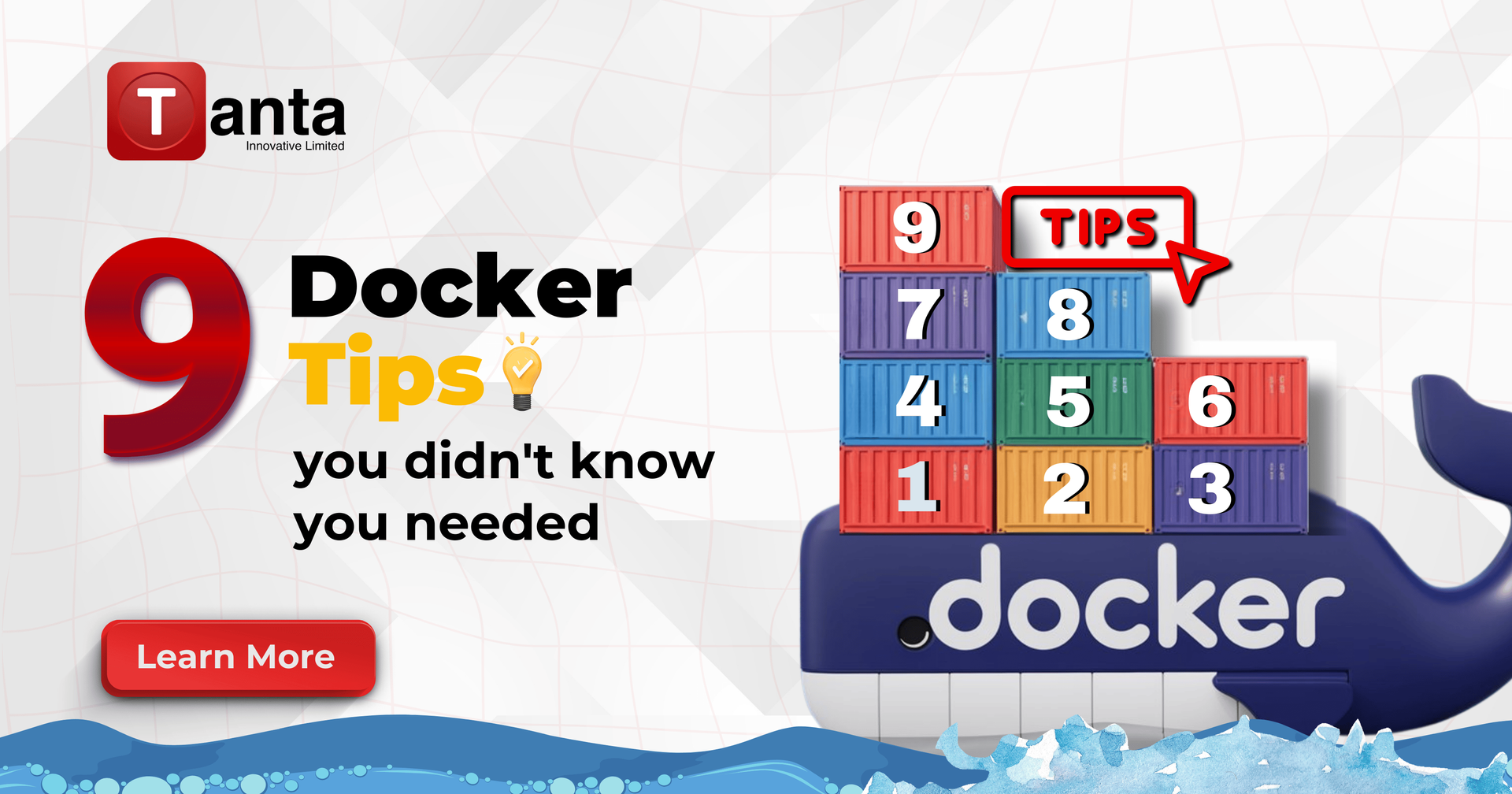Cloud vs. On-Premise Software: Which is Right for Your Business?
Abraham Esandayinze Tanta
· 5 min read min read
0
0

As a CEO at the helm of a Nigerian IT consulting and software company for the past 15 years, I've guided businesses through the ever-shifting debate of cloud vs. on-premise software. Choosing the right technology infrastructure is critical for Nigerian companies seeking growth and agility. Let's explore the factors that will make or break your decision.
What's the Difference?
Let's start by making the core distinction crystal clear:
- On-Premise Software: Picture this as owning your own house. You buy the software outright, install it on your company's servers, and handle all the maintenance yourself. This grants you maximum control but also maximum responsibility.
- Cloud-Based Software: Think of this like renting an apartment. You pay a subscription fee to access the software that runs on the provider's massive data centers (like Amazon AWS, Microsoft Azure, or Google Cloud). No hardware worries, they manage updates and security – you just focus on using the tools.
Why Choose One Over the Other?
On-Premise:
- Customization: You can bend the software to your specific needs, deeply integrating it with your unique systems.
- Security (Potential): In the hands of a highly skilled IT team, on-premise can be very secure. However, human error is always a major vulnerability.
Cloud:
- Cost-Efficiency: You avoid massive upfront hardware costs and pay as you go. It’s especially helpful for managing fluctuating business needs.
- Scalability: Ramp up processing power during peak seasons, then dial it back when things slow down. Pay for what you actually use.
- Maintenance: The provider handles updates, security patches, etc. Your team focuses on growing the business, not troubleshooting servers.
- Accessibility: In a country like Nigeria, where infrastructure can be unpredictable, cloud-based tools let you work from anywhere with decent internet.
Nigerian Considerations
For businesses operating in Nigeria, the cloud vs. on-premise decision carries some unique considerations. First and foremost is internet reliability. Cloud software thrives on a consistent, high-quality connection. If your internet is frequently down or suffers from slow speeds, productivity will take a major hit.
Additionally, data regulations play a crucial part. Certain industries may be subject to strict data residency laws, meaning all sensitive information must remain physically stored within Nigeria. In such cases, an on-premise solution may be the only way to ensure compliance.
Another important factor is the skills gap. Cloud expertise is still developing in Nigeria. If your IT team isn't adequately trained in cloud management, the transition could lead to unexpected costs and technical hassles.
Finally, let's not forget the reality of Nigeria's power grid. Even with on-premise software, inconsistent electricity can disrupt your operations. Consider investing in backup power solutions (like generators or inverters) regardless of whether you choose on-premise or cloud-based software.
When Does Each Make Sense?
The truth is, there's no one-size-fits-all answer in this debate. Here's a quick guide to get you started, but always keep in mind your company's specific needs and circumstances:
Choose On-Premise if:
- Regulations are king: Specific industries have uncompromising rules about where data must physically live. If you need to ensure every bit and byte stays within your walls, on-premise might be your only option.
- Bespoke is best: Perhaps you have highly unique workflows or need deep integration that most cloud solutions struggle to match. Total control over customization can be an on-premise advantage.
- Internet is an issue: Let's be realistic – if your internet connection is more off than on, the cloud is a recipe for frustration. Spotty service makes on-premise the safer bet.
Choose Cloud if:
- Cost is your bottom line: Avoiding a massive upfront investment in hardware and licensing makes the cloud incredibly appealing, especially for smaller businesses and startups.
- Focus on what you do best: If you want to liberate your IT team from the hassles of managing servers, and focus their skills on growing the business, the cloud's hands-off approach is a lifesaver.
- Change is the name of the game: If your business needs to scale up or down rapidly, the elasticity of the cloud is unmatched. Need more computing power during a busy season? With the cloud, it's as easy as adjusting a dial.
Important Note: This is just the tip of the iceberg! A thorough consultation with IT experts is recommended to weigh the long-term costs and benefits for your specific situation.
The Future is Hybrid
The smartest companies aren't choosing sides in this debate – they're finding ways to leverage the best of both worlds. A hybrid approach, thoughtfully mixing on-premise and cloud systems, is increasingly how forward-thinking businesses achieve their goals. This can be particularly powerful for established Nigerian companies embracing the digital revolution.
Let me illustrate why: Perhaps you have legacy systems with complex integrations that are vital to your business – these might make sense to keep on-premise. But, for new customer-facing tools or analytics, the cloud's agility and speed of deployment can be a game-changer.
No One-Size-Fits-All Answer
Ultimately, the perfect blend of cloud and on-premise is as unique as your company. Your specific industry, size, budget, and your appetite for risk all play a vital role in the decision. Just like with any major investment, don't rush this process. Consulting with IT experts who understand the Nigerian landscape is critical. They'll help you understand not only the upfront costs, but also the ongoing expenses associated with each option.
As the Founder and CEO of Tanta Innovative Limited and Tanta Secure, I lead two IT firms that deliver innovative and secure solutions across Nigeria and beyond. With over a decade of expertise in ethical hacking, software development, Linux and network administration, I specialize in cybersecurity and malware detection. I hold a BSc in Computer Science from the Federal University of Technology and have earned multiple ethical hacking certifications. Fluent in Hausa, English, and French, I am passionate about leveraging the latest technologies to create value while ensuring the safety and privacy of users and their data.
More from Abraham Esandayinze Tanta

Guide to Choosing the Right Software Development Partner
Picking the right software development partner is vital for success. Asking the right questions helps you assess experti...

How Nigerian Businesses Can Effectively Respond to Data Breaches
Data breaches are a threat to any business. In Nigeria, the NDPR sets out strict guidelines that must be followed in th...

Cross-Border Data Transfers: A Nigerian Company's Guide to Global Data Compliance
Sending data across borders? Don't risk hefty fines and reputational damage. Learn how to safeguard your business in a g...

Master Test-Driven Development with a Practical Guide to Writing Tests First
Test-Driven Development (TDD) is a software development approach that prioritizes writing tests before code. Discover ho...
Related Articles
Discover more insights and stories from our collection of articles

The Role of Microinteraction in Enhancing User Experiences
Microinteractions enhance digital experiences with subtle feedback, brand personality, and intuitive guidance, making interactions

9 Docker tips you didn't know you needed
Docker is essential for modern development, but beyond the basics, there are some powerful tips to optimize security, efficiency, and reliability. Here’s a look at nine must-know Docker tips

Building Flexible and Scalable UI Systems with Atomic Design
Explore the next evolution of Atomic Design: build flexible, scalable UI systems with dynamic components, design governance, and strategies to future-proof your product.
